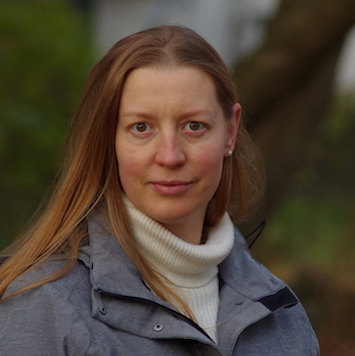
Contact
Dr. Janine Hauer
phone: +49 345 55 24 186
janine.hauer@ethnologie.uni...
room 305
Reichhardtstraße 11
06114 Halle
Sprechzeiten nach Vereinbarung
postal address:
Dr. Janine Hauer
06099 Halle
Dr. Janine Hauer
Curriculum vitae
Janine Hauer holds degrees in European Ethnology (BA & MA) and Sociology (BA) from Humboldt-Universität zu Berlin. After her Master’s in 2015 she worked as a lecturer and course coordinator before joining the IRI THESys (Integrative Research Institute on the Transformation of Human-Environment Systems, HU Berlin) in 2016 until 2021. She has conducted research on urbanization and land-use change in Burkina Faso focusing the socio-ecological consequences of these processes and the un/making of specific futures and resulting contestations. She has undertaken field research in Burkina Faso from September to November 2014, May to November 2017 and May to August 2018. From 2021 until 2023 Janine Hauer worked as a research and research coordinator at the Interdisciplinary Center for Regional Studies at MLU before joining the Institute for Social and Cultural Anthropology in 2023. In 2024 she earned her PhD. Her dissertation is entitled Transforming the Ricescape. Transforming the Ricescape A Case Study from Burkina Faso .
Janine Hauer’s current research project “Everyday life between chemistry and landfill: re/making and dealing with the legacies of industrial modernity” follows the problematizations and strategies of different actors in the Central German Chemical Triangle. Its central question is how society deals with the legacies of modern life and re/makes future legacies in the context of transformation and energy transition. How do the remnants, leftovers, and waste produced by our lifestyles permeate and influence the conditions of being-in-the-world, past, present, and future? How are these interactions framed, organized, planned, managed, implemented, and shaped and what knowledge underpins and is generated by these interactions?
Main fields of interest
human-environment relations, chemistry and society, contaminated sites/eternal burdens, (public) participation, time/temporality, anthropology of the future, ethnographic methods, critique and the role of anthropology in science and society, interdisciplinarity and co(l)laboration
Regional Focus
Burkina Faso/West Africa
Germany/Europe in its translocal connections




